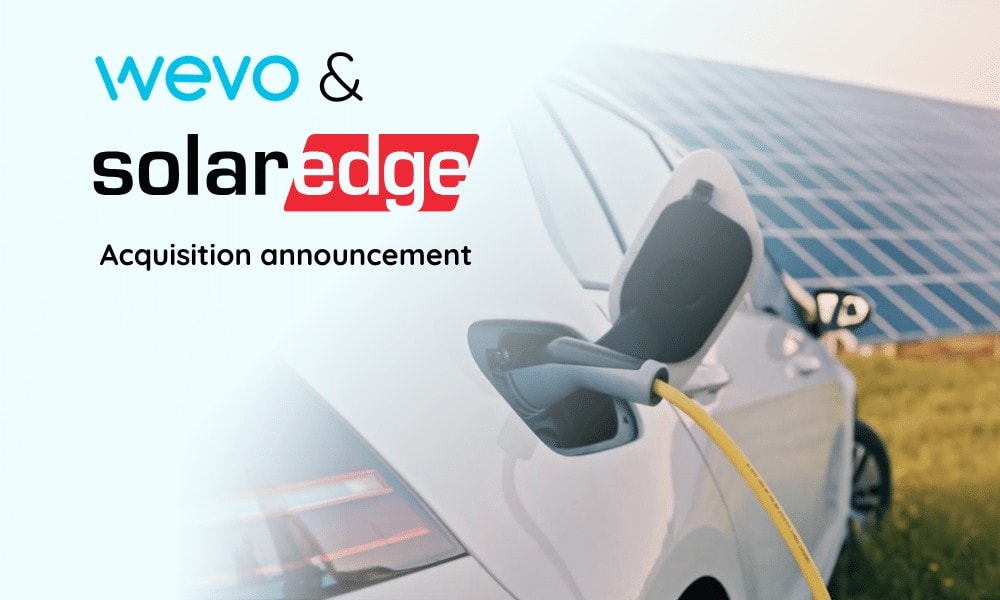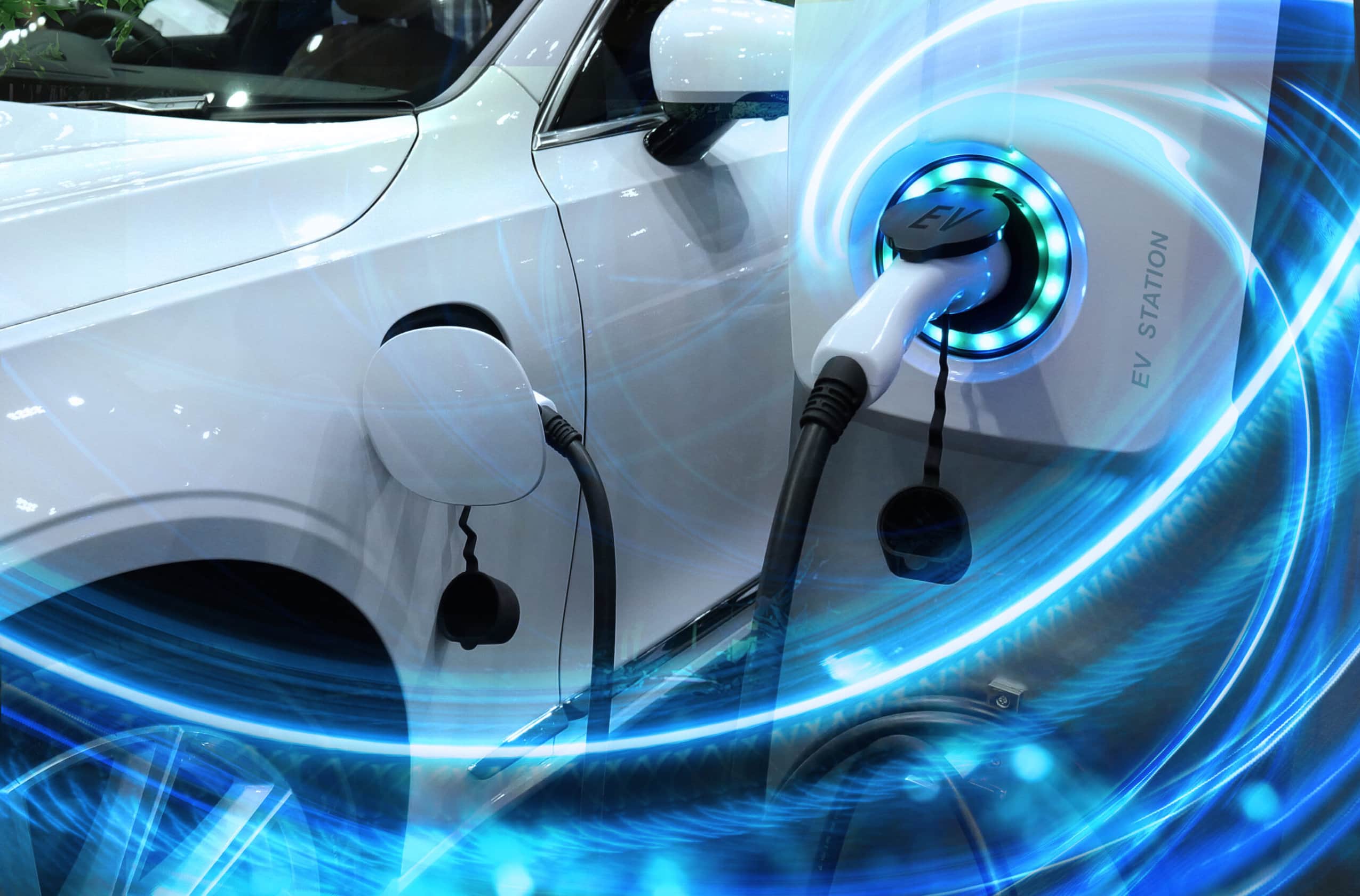The demand for electric vehicle charging infrastructure has grown in the last few years. Due to this increased demand, starting an EV charging business can be a rewarding and lucrative opportunity. Here is our quick guide on how to start an EV charging business.
Steps to take before you start an EV charging business
- Identify the need: Determine which segment you want to serve.
- Research the market: Determine the demand for EV charging in your area and identify any potential competition. You should also research any local regulations or incentives that may affect your business.
- Develop a business plan: This should outline your target market, the services you will offer, your pricing strategy, and how you will generate revenue. It should also include a financial plan that outlines your start-up costs and projected profits.
- Choose the product you plan to use: Several options for EV charging equipment and back office systems are available. Determine which products are most appropriate for your business, and research different manufacturers and suppliers.
- Understand how you plan to install and support your charging equipment and back office systems. You may do this yourself if you are a licensed electrician or need to hire certified electricians for the installation.
- Promote your business: Once your charging station is up and running, it’s important to let people know about it. This could include creating a website, advertising in local media, or partnering with local businesses or organizations.
Segments you can serve with your EV charging business
Your EV charging business can serve several different segments of the market, depending on the type and location of the charging station(s) and the services offered. Here are some examples of the segments that your EV charging business could serve:
- Private individuals: Private individuals who own or lease electric vehicles (EVs) may be interested in using your charging station(s) to charge their vehicles when they are away from home. This could include commuters, tourists, or local residents.
- Commercial fleet operators: Businesses that operate fleets of EVs, such as delivery companies or ride-sharing services, may be interested in using your charging station(s) to charge their vehicles during the day or overnight.
- Public charging networks: Many cities and municipalities are looking to install public charging stations to encourage the adoption of EVs. Your charging station(s) could be part of a public charging network, allowing anyone with an EV to charge their vehicle when they are out and about.
- Workplaces: Many employers are interested in installing charging stations at their workplaces to encourage the use of EVs among their employees. Your charging station(s) could be installed at businesses, offices, or other workplaces to provide convenient charging options for employees.
- Multifamily housing: Charging stations can be useful for residents of multifamily housing developments, such as apartments or condominiums. Residents who own or lease EVs can use your charging stations to charge their EVs daily.
Components that every EV charging business needs
Starting and operating an EV charging business involves multiple components:
- Charging equipment includes the charging stations and cables needed to charge electric vehicles. Several types of charging equipment are available, including Level 1 (110V), Level 2 (220V), and DC fast chargers.
- An EV charging management system: A software platform that helps you manage and operate your charging stations efficiently and effectively. Most such systems also include billing and payment support.
- Customer service (call center): Providing good customer service is key to the success of any business. This is especially true for an EV charging business. EV-related customer service includes answering customer questions, providing assistance with charging, and handling any issues that may arise.
- Maintenance and repair: Proper maintenance and repair of your charging equipment is essential to ensure it operates safely and efficiently. This may involve regular inspections and repairs and keeping spare parts on hand.
Closed or open platform?
There are two main EV charging management systems types: closed and open platforms.
A closed platform is a proprietary system that is owned and operated by a single company. Large charging networks like electric utilities or major automakers typically use these systems. Closed platforms are designed to work with a specific type of charging equipment.
On the other hand, an open platform is a system built on open standards and can be used by anyone. Open platforms are interoperable and work with various charging equipment from different manufacturers.
To prevent vendor lockdown, reduce costs, and increase flexibility, you should always choose an open platform to run your business. Ensuring that all components (chargers and management systems) are OCPP-certified is important when considering an open platform. This will allow you to connect charging stations from multiple vendors to the system and accept payment from a wider range of charging cards and mobile apps.
The importance of choosing the right EV charging management system
The EV charging management system is an important component of your EV charging business. A charging management system is a software platform that helps you manage and operate your charging stations efficiently and effectively.
Some of the key features of an EV charging management system include:
- Scheduling and reservation: You can use the system to schedule charging sessions and allow customers to make reservations in advance.
- Payment processing: The system can handle billing and payment processing. This includes the ability to accept credit cards or other forms of electronic payment and issue invoices.
- Monitoring and control: The system can provide real-time monitoring and control of the charging process.
- Customer support: The system can provide customer support features such as troubleshooting and assistance with charging.
- Data management: The system can store and organize data on charging sessions, customer usage, and revenue. This can be useful for tracking performance and making informed business decisions.
- Access control: The system can control access to the charging stations via key fobs, RFID cards, or online Apps.
- Pricing and rate management: The system can handle dynamic pricing, allowing you to set different rates for different times of day or different types of customers.
- Energy management and load balancing: optimize the use of energy at the charging station and distribute demand among multiple charging stations to minimize the impact on the building infrastructure and the grid, helping to reduce costs, improve efficiency and reliability,
By choosing the right EV charging management system, you can streamline the operation of your charging stations and provide a better experience for your customers.


